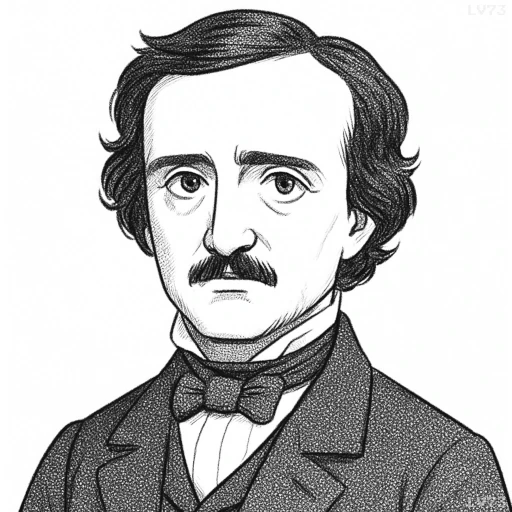“If you wish to forget anything on the spot, make a note that this thing is to be remembered.”

- January 19, 1809 – October 7, 1849
- American
- Novelist, poet, critic
table of contents
Quote
“If you wish to forget anything on the spot, make a note that this thing is to be remembered.”
Explanation
In this quote, Edgar Allan Poe cleverly observes how the act of intentionally trying to forget something often leads to the opposite effect—it makes the memory more persistent and difficult to forget. By writing down something with the intention to remember it, Poe suggests that the conscious effort to control memory inadvertently makes it stronger and more entrenched in the mind. This reflects the paradoxical nature of the human mind, where the more we try to suppress or ignore a thought, the more it seems to demand attention and resurface.
Poe’s works often explore the uncontrollable nature of memory and guilt, particularly in stories where characters are haunted by past actions or experiences. This quote could be interpreted as a comment on how conscious effort to suppress certain thoughts or emotions often leads to their entrenchment rather than their release. The very act of attempting to control or forget something can make it more persistent in one’s mind, a theme that aligns with Poe’s exploration of psychological torment in works such as “The Tell-Tale Heart,” where the narrator is unable to escape his haunting thoughts despite his best efforts.
In modern times, this quote can be applied to how we handle stressful memories, trauma, or regret. Today, people often try to forget painful experiences by avoiding them or trying to erase them from their thoughts. However, this very act of avoidance can often make those memories stronger. The quote serves as a reminder of how our mind’s resistance to suppression often leads us to revisit those things we most wish to forget, a concept that has been explored in modern psychology and therapy. It challenges us to recognize that acceptance and processing may be healthier alternatives to the attempt to simply forget or erase painful memories.
Would you like to share your impressions or related stories about this quote in the comments section?




